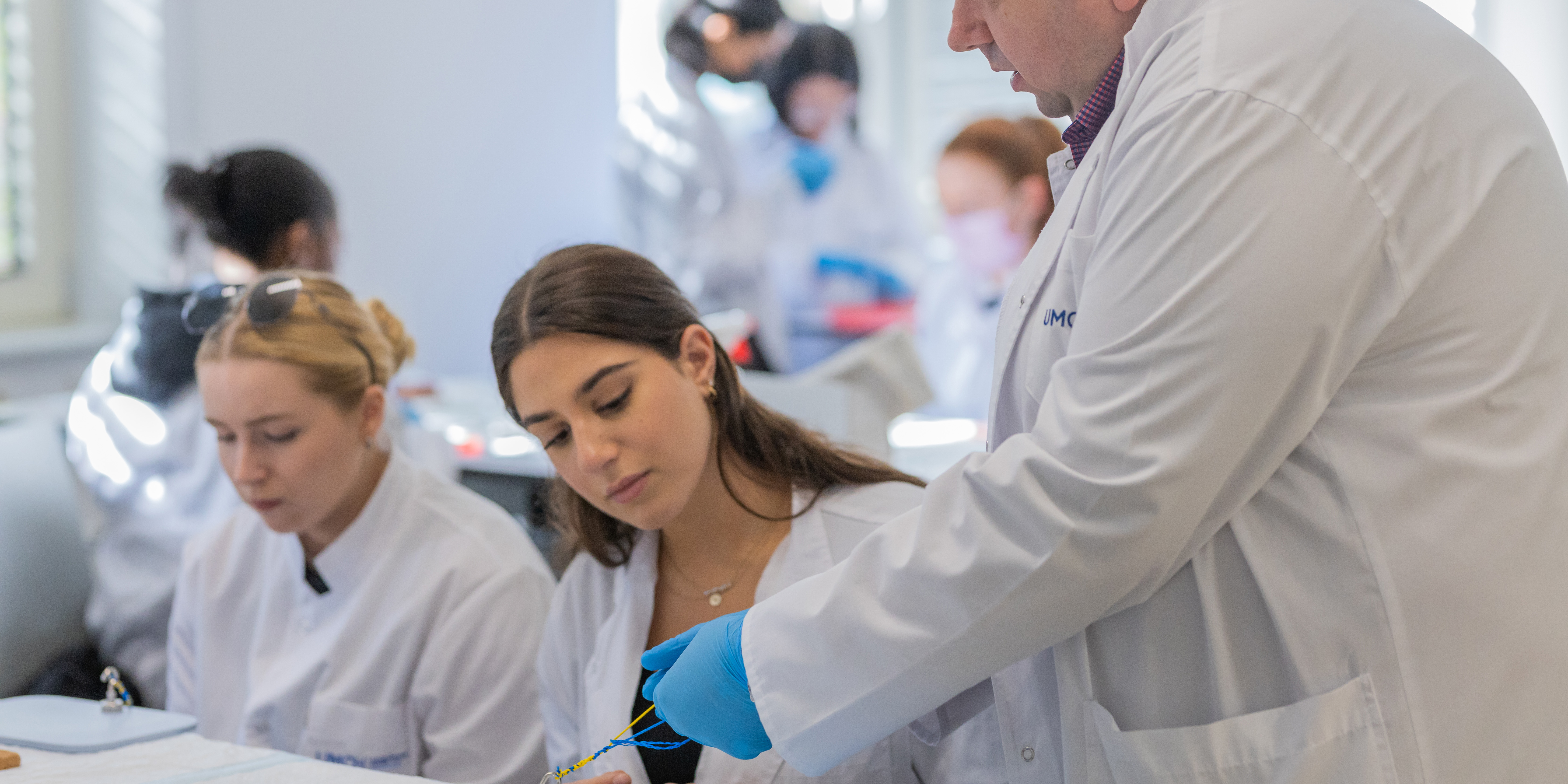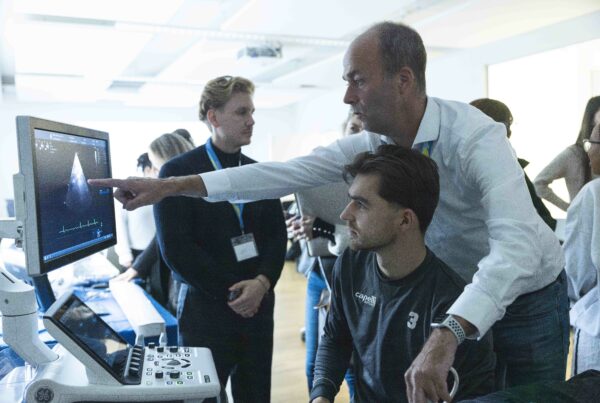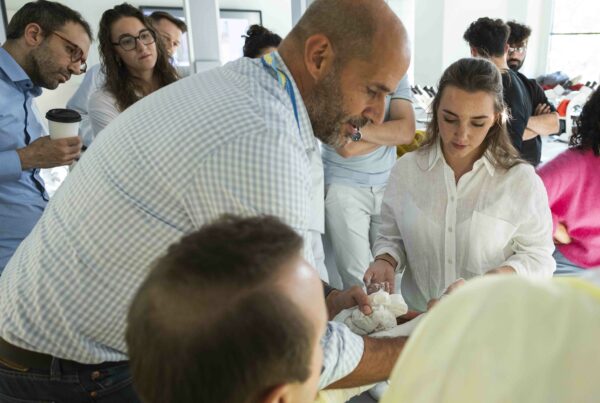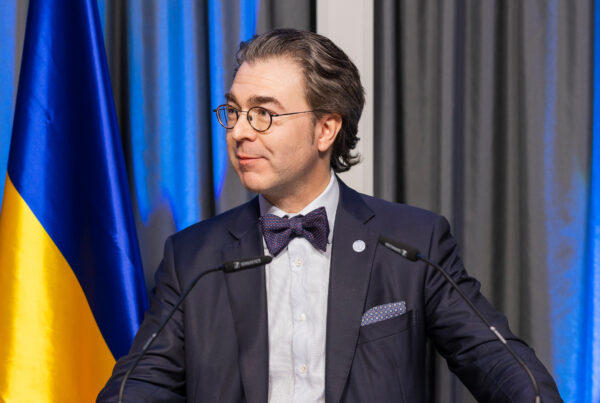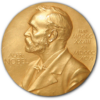At the UMCH campus in Hamburg, medical students received exclusive training in disaster medicine – directly from an experienced practitioner: Dr. Claus-Robin Fritzemeier, senior physician in trauma surgery and orthopedics at the Evangelisches Krankenhaus Mettmann, brought his expertise to the elective course “Disaster Medicine,” putting the lecture hall into crisis mode.
Dr. Fritzemeier is not only a specialist in orthopedics and trauma surgery but also an expert in emergency medicine and triage—the vital question of who should be treated first in a crisis situation. From his experiences during the flood disaster in the Ahr Valley and the evacuation of hospitals, he provided students with real insights into the complex and often unforgiving reality of disaster medicine.
Through practical scenarios and case studies, participants were prepared for emergency situations that may arise in real-life events. “Make decisions in seconds and set priorities” was the mantra of the course, where Dr. Fritzemeier illustrated through practical exercises how medical professionals operate in mass casualty incidents and disasters, such as traffic accidents or terrorist attacks. However, less “dramatic” emergencies were also discussed: an outbreak of gastroenteritis in a nursing home or a natural disaster like an earthquake—scenarios that demand considerable experience and a cool head. Particularly impressive was the discussion about triage, a crucial skill in disaster medicine: with limited resources, it must be decided who needs immediate assistance and who must wait. Dr. Fritzemeier emphasized this ability and used various case studies to make the theory engaging and comprehensible.
“For us, it was a unique opportunity to experience someone who is in the midst of the action and reports from practice,” said one participant. “Dr. Fritzemeier not only conveyed the hard facts but also showed us what it means to take responsibility in critical situations.”
The two-day elective course allowed students to practice making important decisions under realistic conditions and with professional guidance. Dr. Fritzemeier ensured that the aspiring medical professionals developed not only theoretical knowledge but also an instinct for handling crisis situations—a hands-on experience rarely conveyed so palpably in medical education.
With this elective course, which equipped participants with practical competence in extreme situations, UMCH once again set a standard for the hands-on training of its students.

